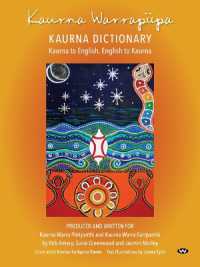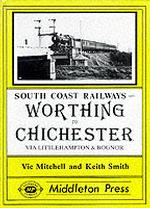- ホーム
- > 洋書
- > 英文書
- > History / World
Full Description
This volume analyses the importance of history, the textual resources of the past and the integration of Christian and imperial Rome into the cultural memory of early medieval Europe within the wider question of identity formation. The case studies in this book shed new light on the process of codification and modification of cultural heritage in the light of the transmission of texts and the extant manuscript evidence from the early Middle Ages. The authors demonstrate how particular texts and their early medieval manuscript representatives in Italy, Francia, Saxony and Bavaria not only reflect ethnic, social and cultural identities but themselves contributed to the creation of identities, gave meaning to social practice, and were often intended to inspire, guide, change, or prevent action, directly or indirectly. These texts are shown to be part of a cultural effort to shape the present by restructuring the past.
Contents
Introduction: cultural memory and the resources of the past Walter Pohl and Ian Wood; Part I. Learning Empire: 1. Creating cultural resources for Carolingian rule: historians of the Christian empire Walter Pohl; 2. Cassiodorus's Historia tripartita before the earliest extant manuscripts Desirée Scholten; 3. Politics and penance: transformations in the Carolingian perception of the conversion of Carloman (747) Erik Goosman; 4. Lessons in leadership: Constantine and Theodosius in Frechulf of Lisieux's Histories Graeme Ward; Part II. The Biblical Past: 5. Carolingian political discourse and the biblical past: Hraban, Dhuoda, Radbert Mayke de Jong; 6. Biblical past and canonical present: the case of the Collectio 400 capitulorum Sven Meeder; 7. Divine law and imperial rule: the Carolingian reception of Junilius Africanus Marianne Pollheimer; 8. Framing Ambrose in the resources of the past: the late antique and early medieval sources for a Carolingian portrait of Ambrose Giorgia Vicino; Part III. Changing Senses of the Other from the Fourth to the Eleventh Centuries: 9. Pagans, rebels and Merovingians: otherness in the early Carolingian world Richard Broome; 10. Who are the Philistines? Bede's readings of Old Testament peoples Ian Wood; 11. Gens perfida or populus Christianus? Saxon (in)fidelity in Frankish historical writing Robert Flierman; 12. Fragmented identities: otherness and authority in Adam of Bremen's History of the Archbishops of Hamburg-Bremen Timothy Barnwell; Part IV. The Migration of Cultural Traditions in Early Medieval Europe: 13. Transformations of the Roman past and Roman identity in the early Middle Ages Rosamond McKitterick; 14. The eighth-century papacy as cultural broker Clemens Gantner; 15. Transformations of Late Antiquity: the writing and re-writing of church history at the monastery of Lorsch, c.800 Helmut Reimitz; Conclusion Mayke de Jong and Rosamond McKitterick; Bibliography; Index.








